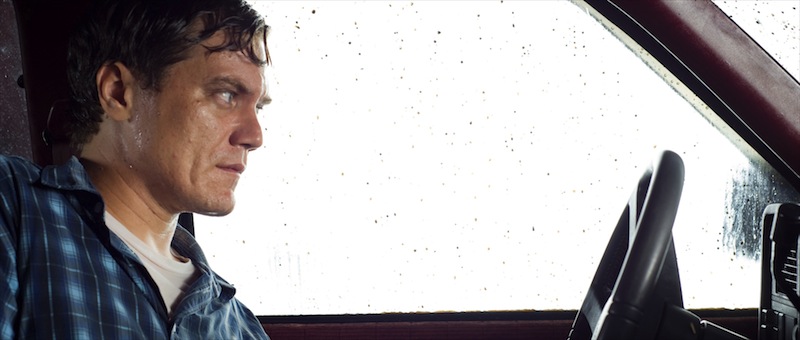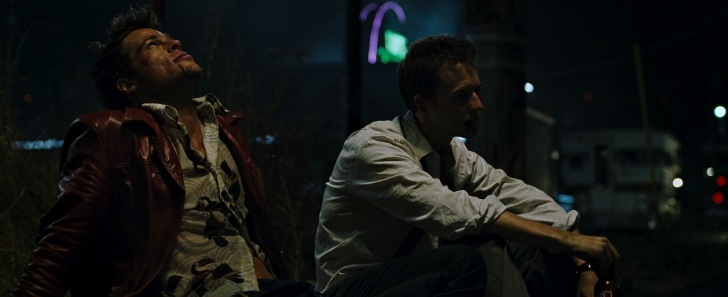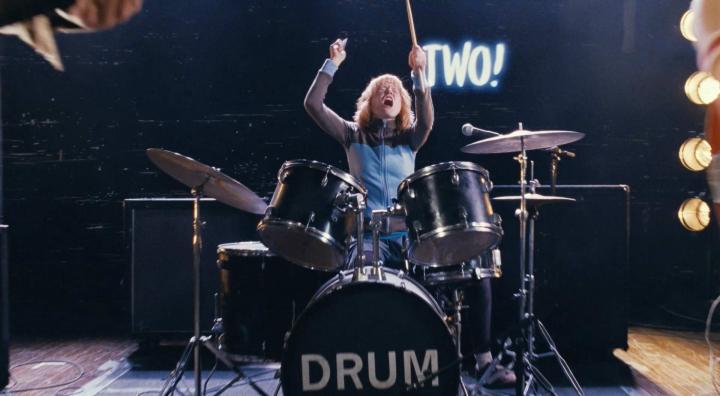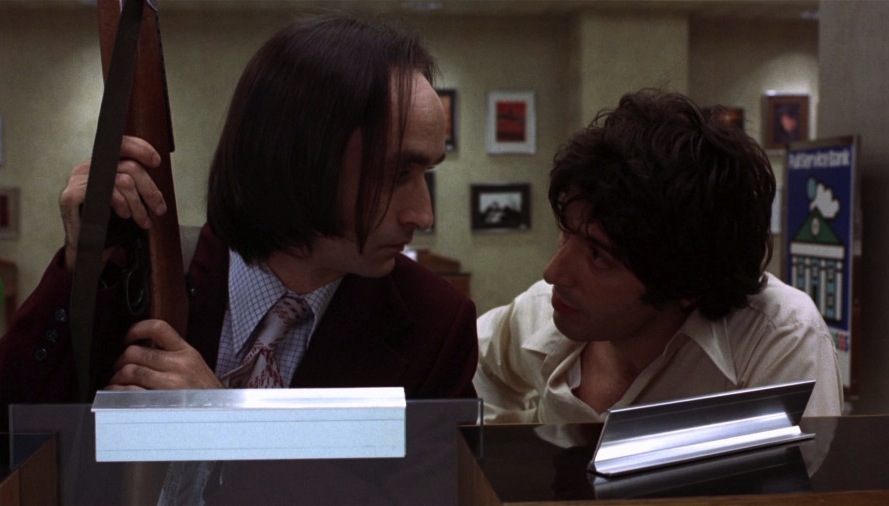Take Shelter
2011. Directed by Jeff Nichols

Take Shelter is cryptic cinema. Michael Shannon delivers a solid performance as a man who keeps having horrific visions, visions that lead him to put his family’s well being on the line in pursuit of protection from what he sees as a massive approaching cataclysm. The acting is good, the cinematography is understated and lovely and the visions are realistically nightmarish, but the story is overly cryptic and just falls flat. This, plus a bizarre twist ending, leaves the viewer with a well-made yet confusing and seemingly pointless piece of cinema.
Fight Club
1999. Directed by David Fincher

When I was a teenager, some of my friends said: “watch this film! It’s incredible!” A few of them even claimed it as their favorite. But for whatever reason I avoided it. I guess Fincher just wasn’t on my radar before The Social Network. Well, I’ve finally seen it, and in short, I found Fight Club to be incredibly dumb. It looks pretty, the acting and editing is solid and the story is intriguing up to a point, but once the huge twist is revealed and the third act barrels in, the whole thing just falls apart. If Fight Club were just a screwball comedy, maybe I’d appreciate it more. It can be very funny and insightful at times, but the messages it sends are too mixed. I applaud some of its condemnations of consumer society, but the solutions it offers are as useless as they are unbelievable. In the end no one wins and nothing is learned and style beats out substance, no contest.
Scott Pilgrim vs. The World
2010. Directed by Edgar Wright

I have a crush on this film. It’s just so utterly endearing and fun-loving and witty and cute, but cute in a cool way. Scott Pilgrim, played perfectly by Michael Cera, is a jerk loser 20-something in a going-nowhere indie band who meets the woman of his dreams and has to fight his way through a series of increasingly hilarious martial arts battles to win her. Chock full of references to beloved 90’s video games and constant digs at aughts indie culture, Scott Pilgrim is a film that truly will only ever make full sense to someone from my generation. That being said, its a well crafted generational homage that also manages to have a heart and a soul. Through his battles Scott learns the importance of honesty, maturity and responsibility in relationships, and we get to see him change from loser jerk to kind and selfless hero. No work of art is flawless, and my only complaint is Scott’s played-for-laughs homosexual roommate, who, though wonderfully played by Kieran Culkin, brings a level of unnecessary crudity to the proceedings.
Radio Days
1987. Directed by Woody Allen

Radio Days is probably one of Allen’s least satisfying narratives, with hardly any structure and no resolution to any of the story lines. Set in the 1940’s, in the midst of World War 2 and the golden age of radio, the film loosely follows Allen’s imagined childhood, his large, loud family, and the lives of the various radio personalities they listen to every night. Full of quietly funny moments and dry misadventures, Radio Days is fun and nostalgic but ultimately a bit flat.
Dog Day Afternoon
1975. Directed by Sidney Lumet

This is a heist film where everything goes wrong. A small-time bank robbery that is royally bungled becomes a flash-point for the city of New York, complete with a massive police stand-off and an angry mob on one of the hottest day of the year, and one larger-than-life bank robber played with sympathy and complexity by Al Pacino is at the center of it all, trembling with fear yet playing the crowd for laughs. He enjoys the attention but he really just wants out, his pitifully dumb but unpredictable partner, played brilliantly by John Cazale, wants blood, and their hostages just want to use the restroom. Plans are foiled, negotiations succeed then fail, pizza is delivered and eaten, and all the time each robber, police officer, and hostage involved is developed in detail, often in humorously unexpected scenes of dialog. Dog Day Afternoon isn’t a thriller as much as a character drama. The characters are forced to show their true colors in extreme situations, and the result is a funny, tense, and ultimately sad film about the realities of a a police stand-off and the tragedy of a kind-hearted yet extremely selfish man who just can’t figure out what he wants to be.
